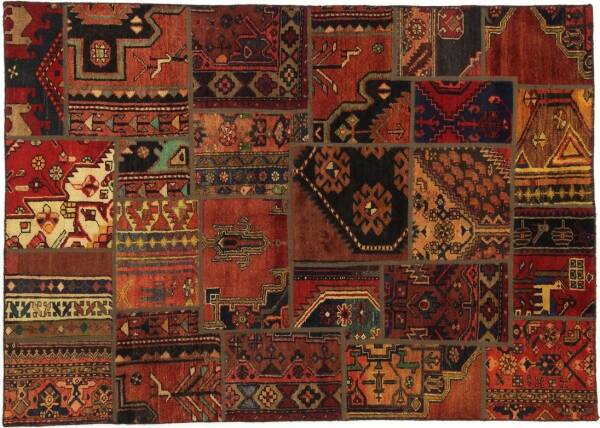
Introduction
Pursuing a better understanding of ancient civilisations often leads hearts and minds back to Persia, a historical realm known for its vast empire, cultural richness, and significant contributions to the fields of science, mathematics, and art. The Persian Empire, which stretched from the Balkans to the Indus Valley, played a crucial role in shaping the course of civilisations. Today, the echoes of Persia resound across various aspects of modern society, revealing their relevance and importance.
The Historical Significance of Persia
The Persian Empire, founded in the 6th century BCE, is renowned for its innovative administration and extensive network of roads that facilitated trade and communication. Persian rulers, such as Cyrus the Great, promoted tolerance and integration of diverse cultures within their expanding empire. This approach not only contributed to the empire’s longevity but also fostered a rich tapestry of cultural exchanges that influenced neighbouring societies.
Cultural Contributions
Persia’s impacts are evident in numerous aspects of contemporary life. From the arts to literature, Persian culture has greatly enriched global heritage. Persian poetry, exemplified by renowned poets like Hafez and Rumi, continues to inspire works worldwide, underscoring the emotional depth and spiritual wisdom that characterise Persian literary tradition. In addition, Persian miniatures and rugs are celebrated for their intricate designs and craftsmanship, reflecting an aesthetic that has influenced art movements throughout history.
The Scientific Advancements
Furthermore, the Persians made significant contributions to science and mathematics. Scholars such as Avicenna and Al-Khwarizmi laid the groundwork for various fields, including medicine and algebra. Their texts have been revered and studied not only in the Islamic world but also in Europe, highlighting Persia’s role in the transmission of knowledge. Today, many terms used in mathematics and science—such as ‘algebra’—have their origins in the Persian language, demonstrating the lasting influence of this ancient civilisation.
Conclusion
In conclusion, the legacy of Persia persists in modern society through its diverse cultural contributions and revolutionary scientific advancements. As we continue to explore and appreciate these influences, it becomes clear that the story of Persia is not merely a chapter in history books but a living testament that inspires and enriches our world today. Understanding and recognising this heritage enables us to appreciate the interconnectedness of human experience across time, reminding us of the power of cultural exchange in shaping civilisations, languages, and intellectual pursuits.
You may also like

Discovering the Beauty and Culture of Norway

Remembering Matthew Perry: A Look at His Life and Legacy

The Enduring Legacy of James Madison
SEARCH
LAST NEWS
- Remembering Wendy Richard: The Promise to Co-Star Natalie Cassidy
- How Did Anglian Water Achieve an ‘Essentials’ Rating for Mental Health Accessibility?
- Shai Hope Leads West Indies in T20 World Cup Clash Against South Africa
- What We Know About Weston McKennie: Future at Juventus and Past at Leeds
- What We Know About the Upcoming Live Nation Antitrust Trial